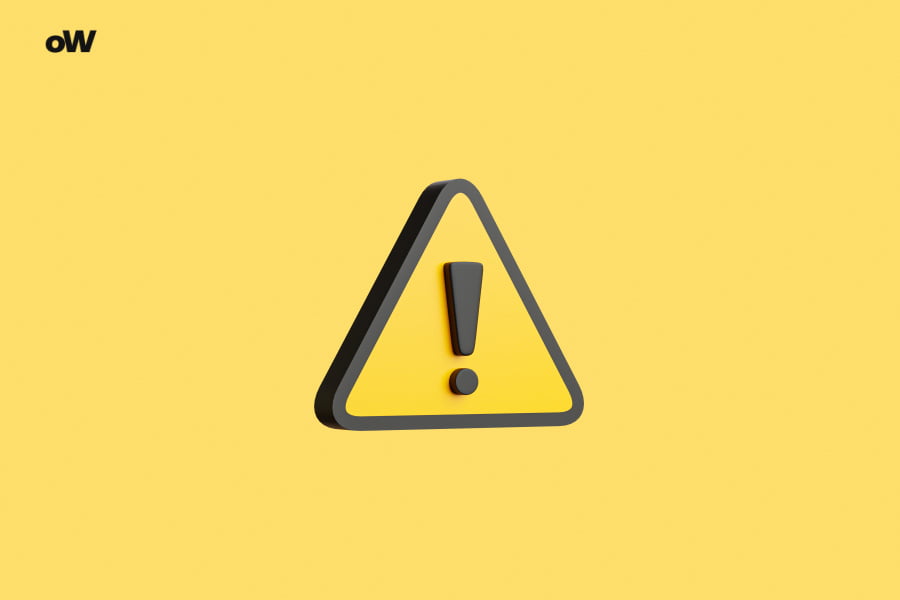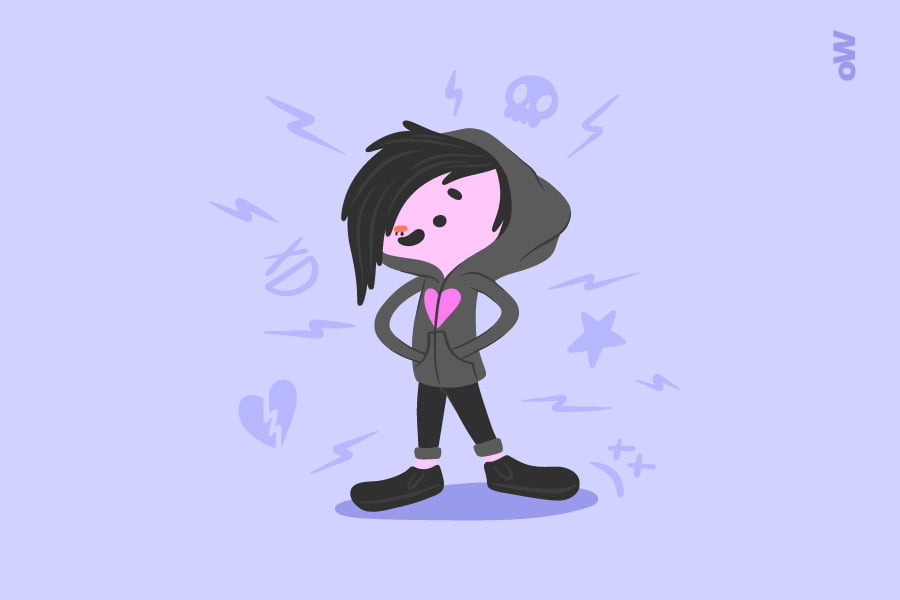Quiz: Am I Toxic? Poison or Antidote?

Imagine: you’re sitting in front of a computer screen, your finger hovering over the “Start Test” button. The “Am I Toxic?” quiz beckons with its simplicity and the promise of revealing the secrets of your personality. But what really lies behind these seemingly innocent questions? Let’s dive deeper into the murky waters of self-discovery and figure out what toxicity is and why we’re so obsessed with measuring it.
What Is Toxic Behavior?
Toxicity isn’t just a trendy word from internet forums. It’s a complex set of behavioral and emotional reactions that forms over years and has deep roots in our psyche. Dr. Lillian Glass, author of “Toxic People,” defines toxicity as “any behavior that poisons, hurts, or violates the boundaries of other people.”
But let’s dig deeper. Toxicity isn’t just a set of unpleasant personality traits. It’s a kind of defense mechanism that a person develops in response to traumatic experiences or deeply rooted fears. For example, someone who constantly criticizes others might be trying to protect themselves from their own feelings of inadequacy. A manipulator who plays on the emotions of others may not have received enough attention in childhood and is now trying to compensate for it by any means necessary.
Signs of Toxic Behavior: From the Obvious to the Hidden
When we talk about toxicity, many picture an aggressive boss or a gossiping colleague. But reality is much more complex. Toxic behavior can be so subtle that its victims may not realize what’s happening to them for years.
- Passive aggression: This is when a person says “Everything’s fine,” but their behavior screams otherwise. Sarcastic remarks, silent discontent, deliberate ignoring – these are all manifestations of passive aggression.
- Gaslighting: The term comes from the film “Gaslight” and describes a situation where a person is made to doubt their own perception of reality. “You’re imagining things,” “You’re making it all up” – these are classic gaslighter phrases.
- Emotional vampirism: Such people constantly need support and attention but are rarely capable of empathy themselves. They drain the emotional resources of those around them without giving anything in return.
- Perfectionism: It would seem that striving for perfection is a good thing. But when it turns into an obsessive idea and becomes a cause of constant stress, we’re dealing with toxic perfectionism.
- Victimhood: Constantly playing the victim role, inability to take responsibility for one’s life – this is also a form of toxicity that poisons not only the person’s own life but also the lives of those around them.

Tracing the Roots of Toxic Behavior: A Journey Into the Past
To understand where toxicity comes from, we’ll have to take a journey through time. Often, the roots of this behavior go deep into childhood. Psychologist John Bowlby, in his attachment theory, argues that the nature of our relationships in adulthood is largely determined by how we interacted with our parents in early childhood.
For example, a child whose emotional needs were ignored may grow up to be an adult who either constantly demands attention or, conversely, avoids close relationships. And someone who grew up in an atmosphere of constant criticism may become a perfectionist or, conversely, develop an inferiority complex.
Interestingly, toxic behavior is often passed down from generation to generation. We unconsciously adopt our parents’ behavioral models, even if in childhood we promised ourselves “never to be like them.”
The Fine Line Between Toxicity and a Bad Day
Here we come to a very important point. In our pursuit of self-analysis, it’s easy to fall into another extreme – to start seeing toxicity everywhere, even where it doesn’t exist. It’s important to understand that we’re all human, and everyone has bad days.
The key difference between temporary “toxicity” and a chronic condition lies in the ability to reflect and change. If after an outburst of anger you feel remorse and strive to correct the situation – this is a normal human reaction. But if you think you’re always right and it’s always others who are to blame – that’s where you should start to worry.
Psychologist Carl Rogers talked about the importance of “congruence” – the correspondence between a person’s inner experience and its outer expression. Toxic people are often incongruent: their words don’t match their actions, and their public image doesn’t correspond to their real personality.

Why Is Determining the Level of Toxicity Important?
Why do we need all these tests and quizzes anyway? The thing is, self-knowledge is the key to personal growth. As the ancient Greek philosopher Socrates said: “Know thyself.” Identifying your toxic traits is not a sentence, but a starting point for change.
Moreover, understanding your own toxicity can significantly improve our relationships with others. Research shows that people with high emotional intelligence (and self-knowledge is an important component of it) are more successful in their personal and professional lives.
But there’s also a flip side to the coin. Excessive indulgence in self-analysis can lead to so-called “analysis paralysis” – a situation where a person becomes so immersed in analyzing their thoughts and actions that they lose the ability to act. Therefore, it’s important to find a balance between reflection and action.
The Essence of the Quiz: “Am I Toxic?”
Now let’s look behind the scenes of the “Am I Toxic?” quiz. How are such tests created? Usually, it’s the result of painstaking work by a team of psychologists and psychometrics specialists.
Questions in such tests are based on various psychological theories and research. For example, they may include elements of the “Big Five” personality traits (extraversion, neuroticism, openness to experience, conscientiousness, and agreeableness) or John Bowlby’s attachment theory.
It’s important to understand that an online quiz is not the same as professional psychological diagnostics. It can give you a general idea of your behavioral patterns, but it doesn’t replace a consultation with a specialist.
How to take the test to get the most accurate result? First, be honest with yourself. Second, don’t try to “guess” the right answer – there simply aren’t any in such tests. Third, answer based on how you usually behave, not on how you behaved in some specific situation.

How to Shed the Burden of Toxicity?
Let’s say you took the test, and the results didn’t please you. What next? Here are a few practical steps that will help you start your journey to change:
- Practice mindfulness. The mindfulness method, based on Buddhist meditation practices, has shown its effectiveness in reducing stress and improving emotional regulation.
- Keep an emotion diary. Write down your feelings and reactions throughout the day. This will help you see patterns in your behavior.
- Work on empathy. Try “active listening” techniques – they will help you better understand other people’s feelings.
- Seek professional help. Psychotherapy, especially cognitive-behavioral therapy (CBT), can be very effective in changing toxic behavioral patterns.
- Practice self-compassion. Research shows that people who treat themselves with compassion are less prone to toxic behavior.
Remember, changes don’t happen overnight. It’s a long process that requires patience and persistence. But the result is worth the effort – after all, your psychological well-being and the quality of your relationships with others are at stake.
In conclusion, I’d like to say that the “Am I Toxic?” quiz is not just entertainment or a way to kill time. It’s an opportunity to start an important dialogue with yourself. Regardless of the result, the very fact that you’ve thought about these questions already speaks to your desire for self-improvement. And this is the first and most important step on the path to a better version of yourself.
So don’t be afraid to click the “Start Test” button. Who knows, maybe it will be the beginning of an exciting journey of self-discovery that will change your life for the better? Good luck on this path, and remember – deep down, we’re all a little toxic, but we’re all capable of changing and growing.
How to Play?
Click the "Start Quiz" button and answer each quiz question honestly. There are no right or wrong answers. You may encounter multiple-choice questions or statements to rate on a scale of agreement. Once you finish the quiz, you'll receive results that provide insight into your personality traits, including strengths and weaknesses. Use this information to increase self-awareness and make positive changes.
How many questions does this quiz have?
16 Questions
How long does it take to complete this quiz?
5 Minutes
Questions Overview
- "Wow, that's amazing! Congrats!"
- "Oh, cool. But guess what happened to me today?"
- "Is that all?"
- "I'm so happy for you!" While thinking about how you can one-up their news.
- Offer help or a solution without being critical.
- Make a sarcastic comment about their ability.
- Ignore it, everyone makes mistakes.
- Immediately report it to your supervisor.
- Consider their perspective and engage in a healthy debate.
- Say, "Well, everyone is entitled to their wrong opinion."
- Silently seethe and change the topic.
- Listen, but think you're still right.
- "What's a backhanded compliment?"
- "Rarely, but sometimes they slip out."
- "Often. They're just playful jabs, right?"
- "Only when someone deserves it."
- "You look stunning!"
- "Brave choice! I wouldn't wear that, but you pull it off."
- "Is that the latest trend?"
- "You've looked better."
- Continue playing with enthusiasm.
- Accuse others of cheating.
- Play half-heartedly while rolling your eyes.
- Strategize a comeback.
- Never, it's not my thing.
- Only when I'm really frustrated.
- Weekly. I mean, they're just stories, right?
- Sometimes, when the story is too juicy not to share.
- Offer a shoulder to cry on and listen.
- Tell them to get over it already.
- Listen but internally wish they'd stop complaining.
- Share a similar experience to show you understand.
- Assume it was an oversight or they had limited space.
- Spread rumors about the host/hostess.
- Send passive-aggressive messages to those who attended.
- Feel a bit left out, but don't dwell on it.
- Confront them politely to clear any misunderstandings.
- Seek revenge. They'll regret messing with you.
- Start badmouthing them to everyone.
- Feel hurt but don't address it directly.
- Congratulate them and hope for the best next time.
- Undermine their efforts and make them look bad.
- Gripe and complain to others about the "unfair" decision.
- Reflect on what you could improve for next time.
- Accept the mistake and thank them for the correction.
- Humiliate them for correcting you.
- Get defensive and make excuses.
- Smile, but plot their social downfall later.
- Always. I value relationships over my ego.
- Only if they deserve it.
- If they confront me about it, sure.
- If I realize my mistake, even if they don’t say anything.
- "I'm here for you. Let's talk if you want to."
- "There are plenty of fish in the sea. Why are you even sad about that loser?"
- "Now you can focus on yourself. Isn't it great?"
- "See? I told you they weren't right for you."
- Understand they might be busy and will get back later.
- Bombard them with messages asking why they're ignoring you.
- Get anxious and think they're mad at you.
- Talk to others about how rude they are.
- Use it as feedback to grow and improve.
- See it as a personal attack and get defensive.
- Pretend to accept it but hold grudges.
- Accept it but feel down about yourself for days.





